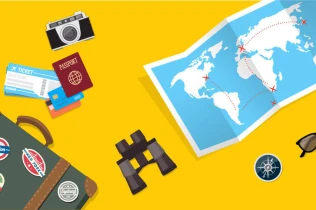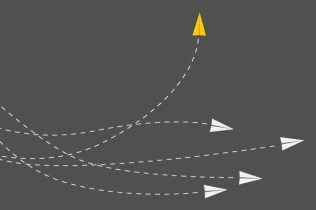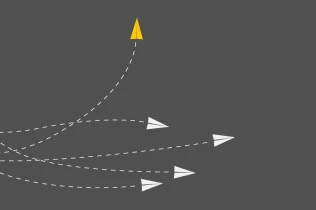Turning Data into Opportunities
To jump straight in with an example, let’s take a look at Spotify. The music streaming giant, which now has over 170 million listeners worldwide, collects listening data from its users.
The stats have led to a revered creative output, including a showcasing of people’s unusual listening habits via a 2016 billboard campaign which displayed such interesting rhetorical questions as: “Dear person who played ‘Sorry’ 42 times on Valentine’s Day, what did you do?”.
The above is a prime example of how data can allow brands to make informed creative decisions. It allows us to identify trends or patterns and make predictions based on the behaviour of audiences. We can pinpoint the specific parts of a person’s journey and categorise them in a seemingly endless range of ways. Being able to use data to envisage creative opportunities and act upon them offers the potential to make a more memorable impact than if working with mere creativity alone.







